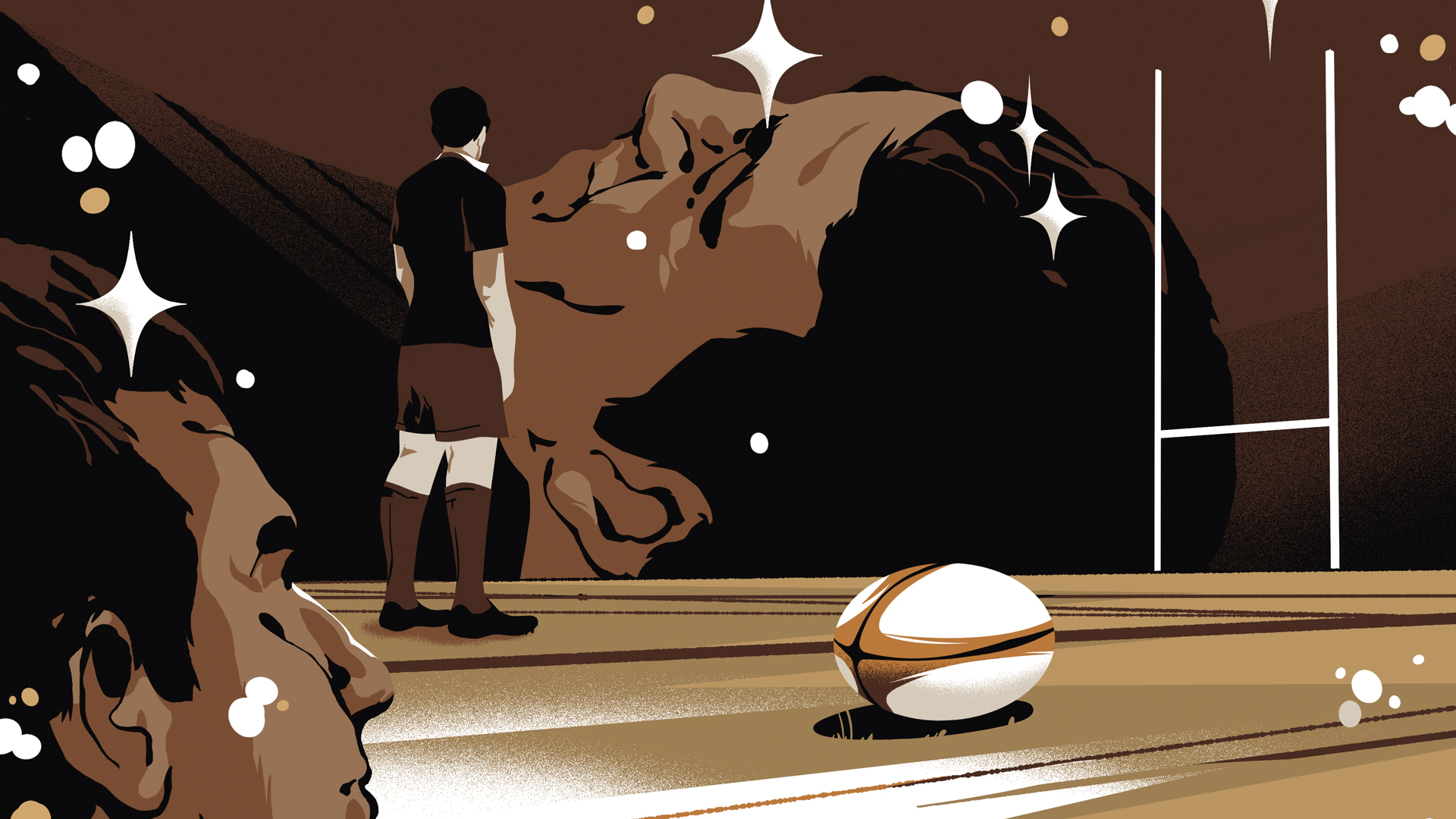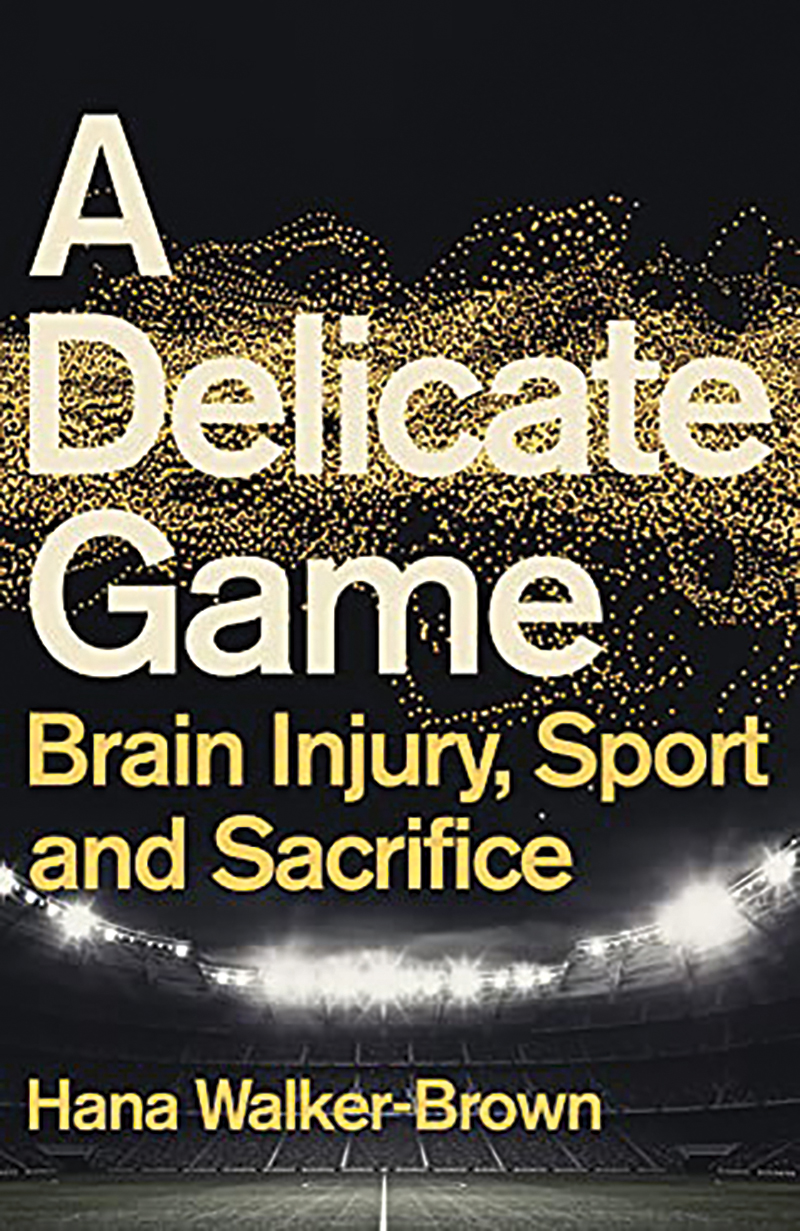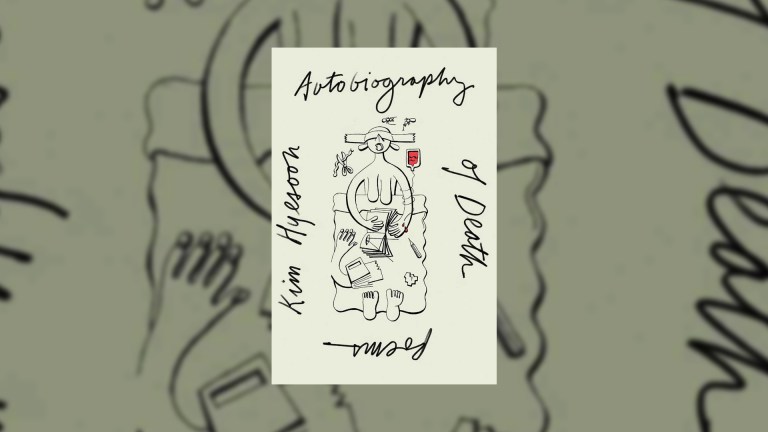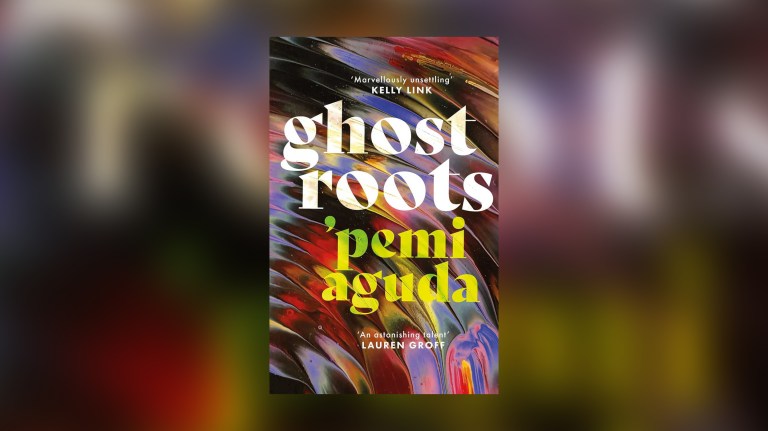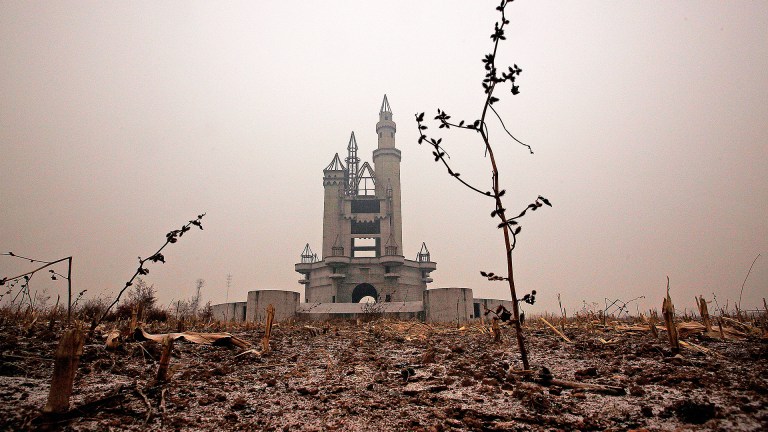“The bigger they are the harder they fall,” Lloyd Jones’s father Peter would often say about rugby players. Peter had played rugby from the age of 15 in the amateur era and was a former Neath and Llanelli back-row forward. He was a hard hitter, known for his physicality and fitness on the pitch. Peter Jones is also the first British ex-rugby player known to have died with the disease Chronic Traumatic Encephalopathy (CTE), caused by blows to the head.
The disease has been around since the 1920s when its foundations were laid in boxing and a condition called punch drunk syndrome, or dementia pugilistica, when boxers displayed neurological symptoms after experiencing repetitive head trauma. It was later catapulted into the mainstream with the film Concussion that immortalised the work of Dr Bennet Omalu, who carried out postmortems of prominent NFL players and found the same disease. It was a damning discovery that years later would result in a $765 million (£588m) settlement agreement for former players.
Now the critical conversations on CTE involve football, including the dementia diagnoses of over half of the 1966 England World Cup team and the debate on banning heading, and rugby with its growing player litigation led by England hooker Steve Thompson MBE and Wales flanker Alix Popham, who both received life-shattering dementia and probable CTE diagnoses aged 40. Thompson cannot remember winning the World Cup [in 2003].
CTE is caused by repetitive impacts to the head that can be defined as either concussive or sub-concussive. Concussive blows typically cause immediate symptoms: dizziness or blackout. The impact can cause the brain to shake violently or bounce around or twist inside the skull, creating chemical changes within it and sometimes stretching and damaging brain cells to the point where they no longer work properly.
A sub-concussive blow does not result in a clinical concussion, meaning that there are no immediate symptoms. And yet sub-concussive blows are believed to have adverse long-term effects in some individuals, particularly if there are repetitive occurrences or those suffering are not removed from play for adequate recovery. The clinical features of CTE are progressive, leading to dramatic changes in mood, behaviour and cognition, and yet the first signs generally appear years after a brain injury has occurred. Once it starts, there is no stopping it. Like dementia, there is no treatment or cure for CTE.
Peter Jones’s symptoms began in his late fifties. “Strong, gregarious and playful,” is how Lloyd would describe his father, but he had become forgetful. He would lose his way home. He was repeatedly turning the plugs on and off around the house. His inhibitions were wavering, Lloyd remembers. His father was becoming a stranger.
